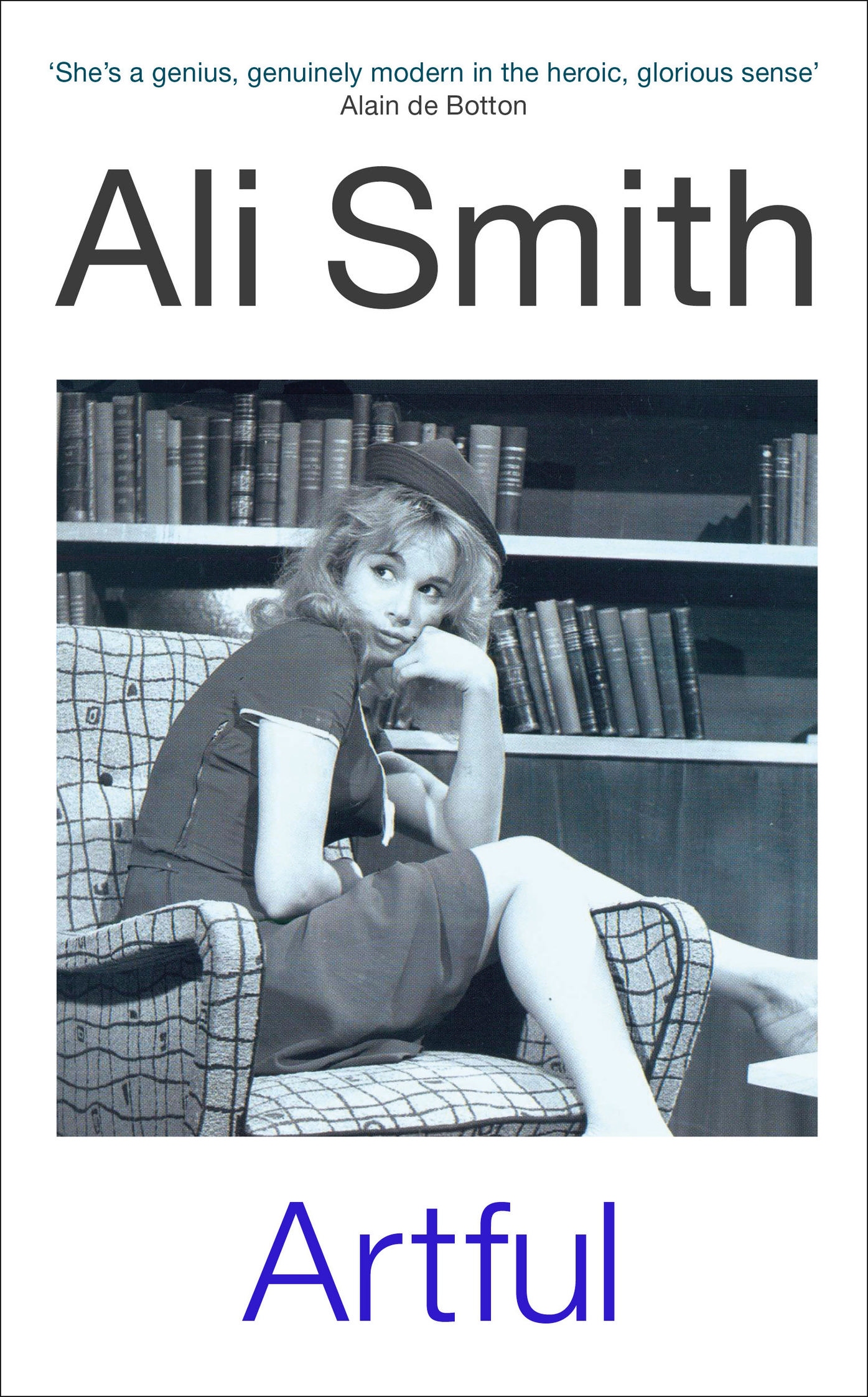'Artful' is probably unlike any book you've ever read or will read again. It is a heartfelt account by a narrator who spends his/her time reading through a battered copy of Oliver Twist and speaking to a deceased lover who haunts him/her by sitting at a desk, speaking a strange language and stealing little things. The gender of both the narrator and the deceased lover who the narrator refers to as "you" are never specified. The narrator recognizes that this must be a manifestation that's part of his/her grieving process so goes to see a therapist but finds little comfort past confirming that the deceased lover is speaking Greek rather than a completely made up language. Interspersed with this are contemplations on the meaning of particular concepts like 'time', 'form', 'edge' and 'offering' in relation to art. Taking examples from such disparate sources as the poetry of William Carlos Williams, Dylan Thomas & Sylvia Plath, novels by Jose Saramago, WG Sebald and Elizabeth Hardwick, Shakespeare, quotes by Katherine Mansfield and Margaret Atwood, the art of Yayoi Kusama, Herzog's documentary 'The Cave of Forgotten Dreams' and a Beyonce song. These references bring great weight to Smith’s arguments and observations as well as providing an eclectic list I could be thrilled by when I recognized the source or become very intrigued by if I didn’t know it. If it all sounds too cerebral to you, it isn’t. Smith incorporates all these references in a way that make them feel so meaningful to your own life and the life of the narrator grieving over a lost lover.
Smith uses second person narration in a lot of her fiction. This doesn't constrain the gender of the characters to one thing or another, but gives us a sort of utopian vision of social interaction where matters of male/female don't play any part. By writing "you" the voice of the narrator always feels very direct and intimate like being told a bedtime story. It also allows multiple meanings to blosom depending on who you think might be the recipient "you." It might be the narrator speaking to a particular character or the author speaking directly to the reader or, by speaking the words in your own mind, the reader directing the text out to someone in their own imagination. This is one of the most pioneering and powerful things about Smith's fiction and shows how she's someone that can break down boundaries and open up possibilities through a creative use of language.
Smith unpacks words’ meanings by citing phrases that include the word such as this excerpt on time: “Time means. Time will tell. It’s consequence, suspense, morality, mortality. Boxers fight in bouts between bells ringing time. Prisoners do time.” Through these examples time can take on both an exhilarating meaning as well as a terrifying one or contain a whole slew of emotions at once. She shows that language is always about context. Language twists and bends through repetition. She could have easily referenced different dramatic plays from the branch of theatre known as “Absurd” as practiced by Ionesco, Pinter and Albee. In their plays words are sometimes repeated until they are flattened out to mean nothing and everything. The same sort of dissection takes place when reading books with special attention. Smith notes at one point “Books themselves take time, more time than most of us are used to giving them. Books demand time.” If we’re to let ourselves be moved and transformed by writing it’s necessary to surrender an adequate amount of time to fully understand what the writer is trying to say. We also literally lose ourselves in the book by surrendering our own time to it. The process allows us to subordinate ourselves to the power of our own imagination. As Smith describes, “it knows us inside out, the imagination. It knows us better than we know ourselves.” By giving space for the imagination in art we discover, not just more about the world, but about ourselves. Imagination also allows us to know, understand and love one another. At one point Smith observes “To be known so well by someone is an unimaginable gift. But to be imagined so well by someone is even better.” This admits the fact that we can’t ever really know each other as we are all trapped inside our own heads. All we can do is imagine each other. To truly be loved someone must think the world of you, to stand in their imagination as someone who is probably even greater than you think yourself to be.
The title of the book is taken from Dickens’ character of the Artful Dodger – a figure Smith herself seems to inhabit in her writing - someone who is crafty, intelligent and a great survivor. I can’t recommend this book highly enough as well as Smith’s books of short fiction. I love Smith’s passionate engagement with art as something that is not just a luxury of life, but essential to it. Art flows through us. Art unmakes and makes us. Art gives us back to ourselves. And, as 'Artful' proves, Ali is a supreme artist!
Ali Smith will be discussing 'Artful' at Gay’s the Word bookshop in London on Sunday, October 20th at 1pm: https://www.facebook.com/events/1405649822998955/









